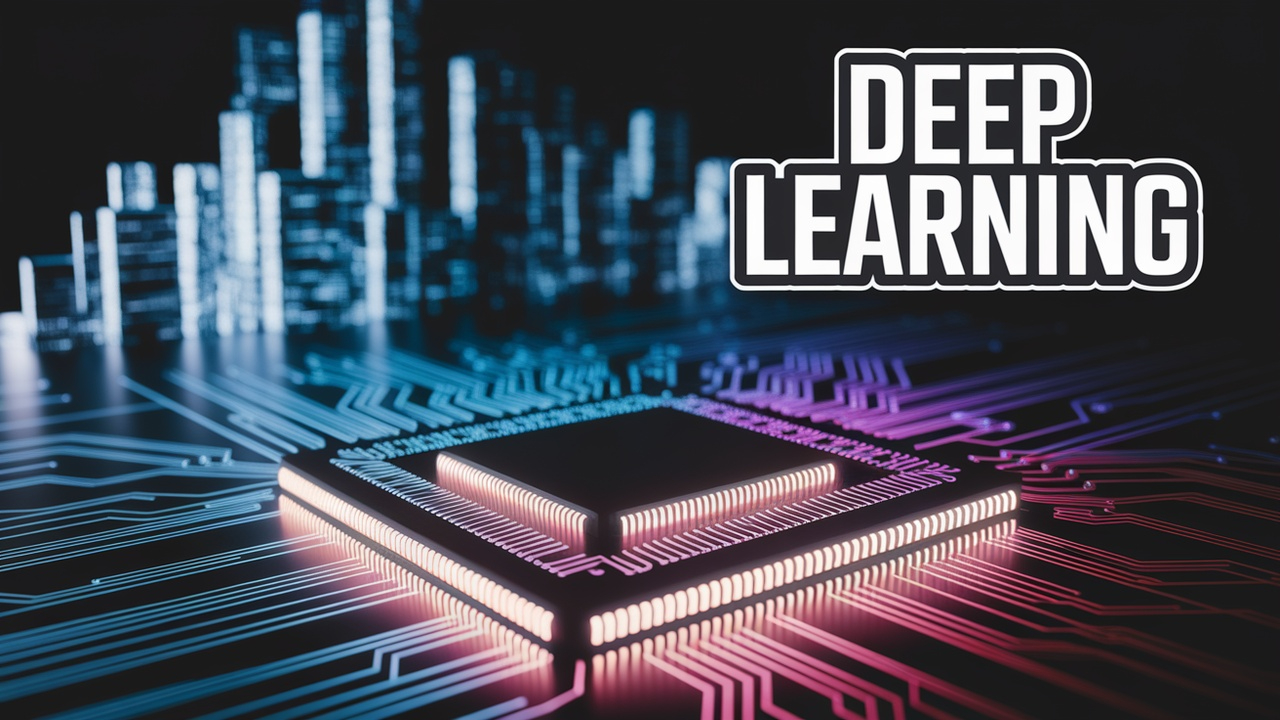
This comprehensive course is designed to guide learners through the essential concepts and practical skills required to build deep learning models using TensorFlow and PyTorch. Covering foundational principles to advanced techniques, students will gain hands-on experience in developing, training, and deploying neural networks for various applications.
Course Levels
-
Level 1: Introduction to Deep Learning
In this foundational level, students will explore the basics of deep learning, including its history, key concepts, and applications.
-
Level 2: TensorFlow Basics
This level introduces TensorFlow, a powerful library for building deep learning models. Students will learn how to create basic models and understand TensorFlow's architecture.
-
Level 3: PyTorch Fundamentals
Students will learn about PyTorch, an increasingly popular framework, focusing on its dynamic computation graph and ease of use.
-
Level 4: Advanced Model Architectures
This level delves into more complex model architectures including CNNs and RNNs, providing students with the knowledge to tackle a variety of problems.
-
Level 5: Specialized Deep Learning Techniques
Students will explore specialized techniques such as GANs and reinforcement learning, expanding their toolkit for advanced applications.
-
Level 6: Model Deployment and Productionization
In this level, students will learn how to deploy models for production use, covering best practices and tools for deployment.
-
Level 7: Capstone Project
The final level allows students to apply their knowledge in a comprehensive project, showcasing their ability to build and deploy a deep learning model.
Course Topics
-
Advanced Hyperparameter Optimization
# Advanced Hyperparameter Optimization Hyperparameter optimization (HPO) is a crucial step in building high-performing deep learning models. It involves tuning the parameters that govern the training...
-
Understanding Deep Learning: An Overview
# Understanding Deep Learning: An Overview Deep learning is a subset of machine learning, which is itself a subset of artificial intelligence (AI). Deep learning algorithms are inspired by the struct...
-
Evaluating Model Performance
# Evaluating Model Performance Evaluating the performance of a machine learning model is a crucial step in the model development process. It helps us understand how well our model is performing and w...
-
Deployment Strategy
# Deployment Strategy Deployment strategy is a crucial aspect of machine learning projects, especially when transitioning from development to production. This topic covers various deployment strategi...
-
Reinforcement Learning Basics
# Reinforcement Learning Basics Reinforcement Learning (RL) is a subfield of machine learning where an agent learns to make decisions by taking actions in an environment to maximize cumulative reward...
-
Model Monitoring and Maintenance
# Model Monitoring and Maintenance Model monitoring and maintenance are critical stages in the lifecycle of machine learning models, especially when they are deployed in production environments. Thes...
-
Generative Adversarial Networks (GANs)
# Generative Adversarial Networks (GANs) Generative Adversarial Networks, commonly known as GANs, are a class of machine learning frameworks that have gained significant attention for their ability t...
-
Data Augmentation Strategies
# Data Augmentation Strategies Data augmentation is a crucial technique in deep learning, particularly in the fields of computer vision and natural language processing. It involves creating new train...
-
Model Evaluation and Tuning
# Model Evaluation and Tuning In deep learning, model evaluation and tuning are critical components of building effective models. This topic covers the methods and practices used to assess the perfor...
-
Computer Vision Applications
# Computer Vision Applications Computer Vision (CV) is a field of artificial intelligence that enables computers to interpret and make decisions based on visual data from the world. It has numerous a...
-
Training Models in PyTorch
# Training Models in PyTorch Training models in PyTorch involves several key steps: preparing your data, defining your model architecture, specifying the loss function, choosing an optimizer, and fin...
-
Project Overview and Requirements
# Project Overview and Requirements ## Introduction In the Capstone Project, you will apply all the knowledge and skills acquired throughout the course on Building Deep Learning Models with TensorFlo...
-
Introduction to Model Deployment
# Introduction to Model Deployment Model deployment is a crucial step in the machine learning lifecycle that involves making a trained model available for use in production. This process takes a mode...
-
Setting Up Your Development Environment
# Setting Up Your Development Environment In this section, we will guide you through the process of setting up your development environment for building deep learning models using TensorFlow and PyTo...
-
Recurrent Neural Networks (RNNs)
# Recurrent Neural Networks (RNNs) Recurrent Neural Networks (RNNs) are a class of neural networks designed to recognize patterns in sequences of data, such as time series or natural language. Unlike...
-
Presentation and Evaluation
# Presentation and Evaluation in Capstone Projects In the final phase of your capstone project, the presentation and evaluation of your work are crucial. This not only reflects the quality of your re...
-
Deploying Models with Flask and FastAPI
# Deploying Models with Flask and FastAPI Deploying machine learning models is a crucial step in taking your models from the research phase to a production environment. In this section, we will explo...
-
Model Development and Training
# Model Development and Training In this section, we will dive deep into the processes involved in developing and training machine learning models, specifically focusing on deep learning frameworks l...
-
Scaling Deep Learning Models
# Scaling Deep Learning Models Scaling deep learning models is crucial for training with large datasets, handling increased workload, and improving inference speed. In this section, we will explore v...
-
Convolutional Neural Networks (CNNs)
Learn about this topic in the course
- And 15 more topics...